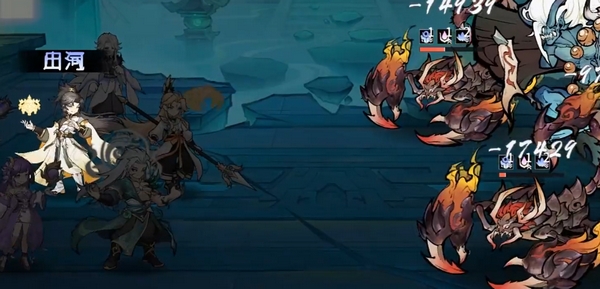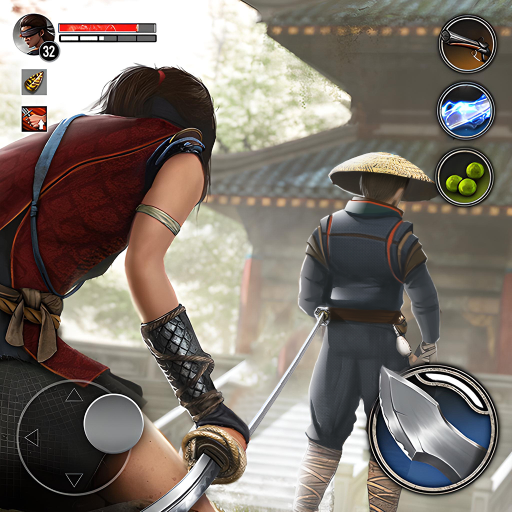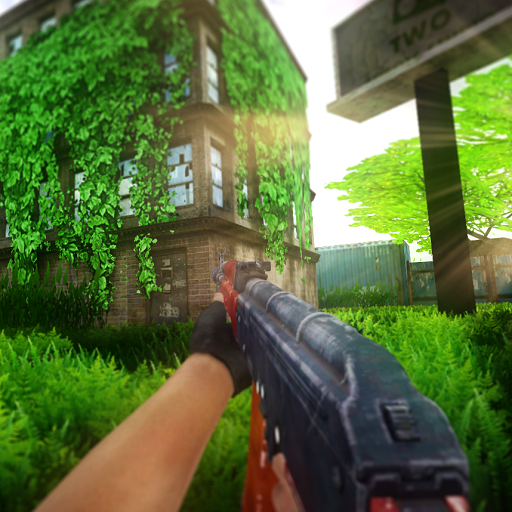In the Miracle World Origin game, the introduction to the Mage's skills shows that the Mage is centered around elemental control and strategic field control. In team battles, they take on a variety of critical roles, whether it's clearing out large numbers of small monsters with AOE (Area of Effect) attacks, breaking through the defenses of powerful bosses, or providing strong support to the team at the tactical level, all of which demonstrate their unique value.
According to official authoritative data, the Mage's DPS (Damage Per Second) contribution in group battles is quite significant, reaching 35%-40%. This data fully highlights their important position in terms of team output. It is particularly worth mentioning that the Mage's signature skill, Meteor Shower, can deal 280% of the Mage's magic attack as single damage when fully leveled. The Mage has unique core characteristics, among which the mastery of four elements stands out. Fire element represents burst, capable of releasing powerful firepower instantly; Ice element focuses on control, restricting enemy movement through various skill effects; Wind element is characterized by sustained damage.
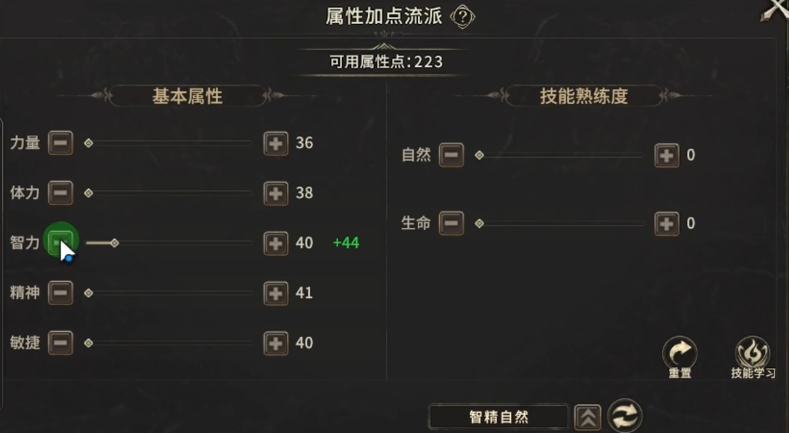
The Earth element mainly deals area damage, capable of hitting enemies within a certain range. These four elemental systems work together, allowing the Mage to flexibly combine skills according to different battle scenarios and tactical needs, achieving rapid tactical switching and thus taking the initiative in combat. However, the Mage is not without weaknesses; their basic defense value is relatively low, only 40% of that of a Warrior, making them rather vulnerable to enemy attacks. Therefore, Mages need to pay extra attention to positioning techniques, skillfully dodging enemy attacks, and also reasonably using shield skills, such as Guardian Soul, to enhance their survivability.
Additionally, mana management is another key issue for Mages. High-level Mage skills often possess great power but come with high magic consumption. For example, the Meteor skill requires 300 MP per use, which is a significant test of the Mage's mana reserves. To maintain the continuous release of skills and sustain their endurance, Mages typically need to pair with passive skills like Mana Amplification or equip items that restore mana, ensuring that they do not run out of mana during battles.
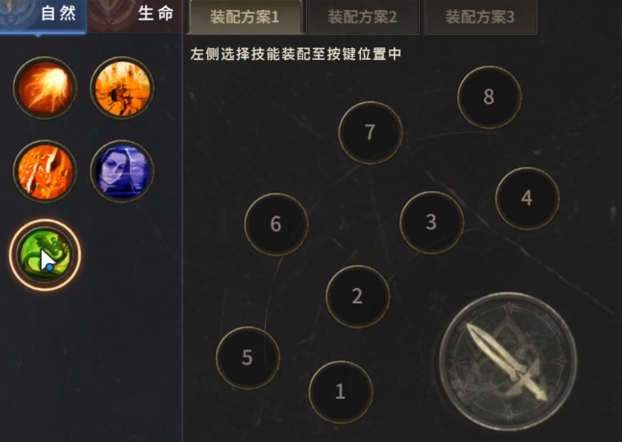
In terms of the skill tree, Mages have a rich and diverse selection, with offensive and supportive skill trees each having their own characteristics. The fire-based burst build in the offensive skill tree is known for its powerful burst capability. Fireball, as an opening skill, has a cooldown of just 1.5 seconds and can quickly deal damage to enemies, not only causing 180% fire damage but also adding a 3-second burn effect, dealing 40% damage per second, laying the foundation for subsequent attacks.
Meteor Shower is the core skill of this build, with a cooldown of 8 seconds. When released, it summons 5 meteors from the sky, each dealing 120% fire damage. More importantly, this skill can trigger the Elemental Resonance effect, increasing critical hit rate by 30% after stacking 3 layers, further enhancing the output. Magma Armor, as a buff skill, has a cooldown of 12 seconds and lasts for 8 seconds. During activation, it increases fire damage by 20% and grants immunity to burn effects. When used in conjunction with Meteor Shower, it can create an efficient burst cycle.
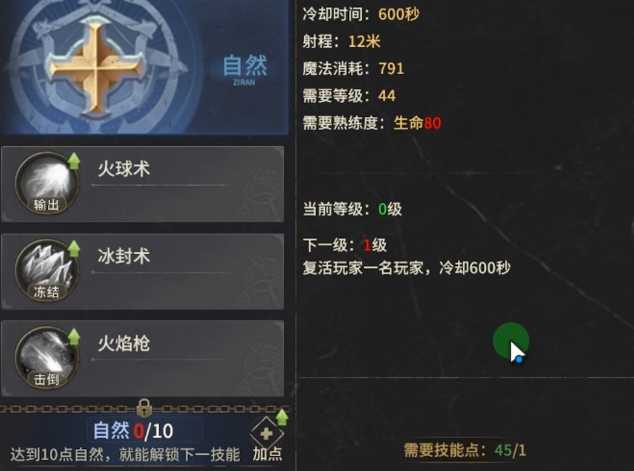
The ice-based control build focuses on linking control with output. Frost Nova, as an opening skill, has a cooldown of 6 seconds and upon release, causes a slow effect within a range, reducing the enemy's movement speed by 50% and freezing the target for 1 second, while triggering a Cold Mark, lowering the target's magic resistance by 30%, creating favorable conditions for subsequent attacks. Chain Lightning, as a follow-up skill, has a cooldown of 4 seconds and can jump to attack 3 targets, dealing 150% lightning damage, prioritizing targets with the Cold Mark, perfectly combining control and output.
Ice Wall, as a strategic skill, has a cooldown of 15 seconds and can create an ice wall on the battlefield, effectively blocking the enemy's movement path. In boss fights, it is often used to divide the battlefield, separating enemies from teammates. Besides the offensive skill tree, Mages also have a supportive skill tree. Healing is one of the very practical skills, with a cooldown of just 3 seconds, quickly restoring 200% of the target's health and also removing poison effects, providing effective healing and support when teammates are injured or in abnormal states.
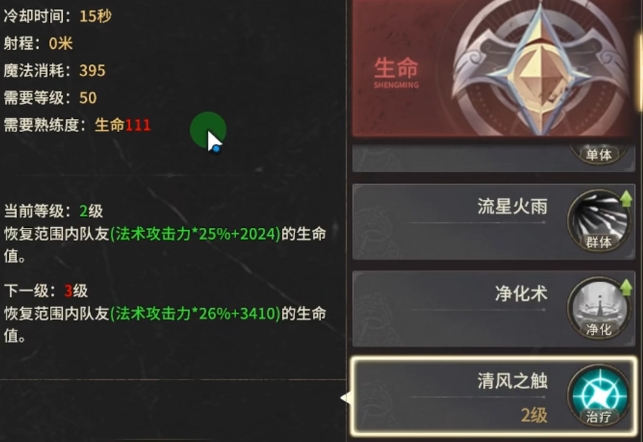
Resurrection is a key skill for turning the tide in team battles, with a cooldown of 30 seconds. When a teammate unfortunately dies, the Mage can use this skill to resurrect the dead teammate and restore 50% of their health, bringing the team back into fighting condition. Guardian Soul is also significant, with a cooldown of 10 seconds. Upon release, it adds a shield to allies that absorbs 2000 points of damage and reduces physical damage taken by allies by 30%, providing reliable protection to teammates at critical moments.
The Mage's combat combos are varied. For example, in a boss fight, the Mage can first use Frost Nova to control the boss, slowing its movement and reducing its magic resistance, then release Meteor Shower to deal high damage to the boss, followed by Fireball for additional output, and finally use Chain Lightning to chase down the boss marked with the Cold Mark, forming an efficient output cycle. In clearing groups of monsters, the Mage can first use Ice Wall to block the enemy's movement path, gathering them together, then activate Magma Armor to increase their fire damage and become immune to burns, followed by releasing Meteor Shower to deal area damage, and finally use Flame Storm to clear out the remaining enemies, achieving the goal of quick clearance.
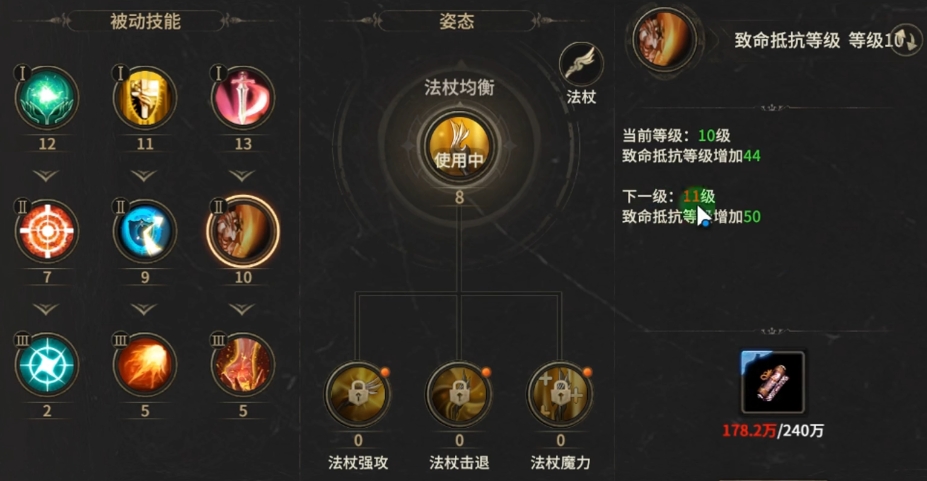
The above is some gameplay related to the introduction of the Mage's skills in Miracle World Origin. When using different types of skills, the skill combinations that Mages can pair are completely different. Therefore, when allocating points or equipping Mages, you should consider different directions.

